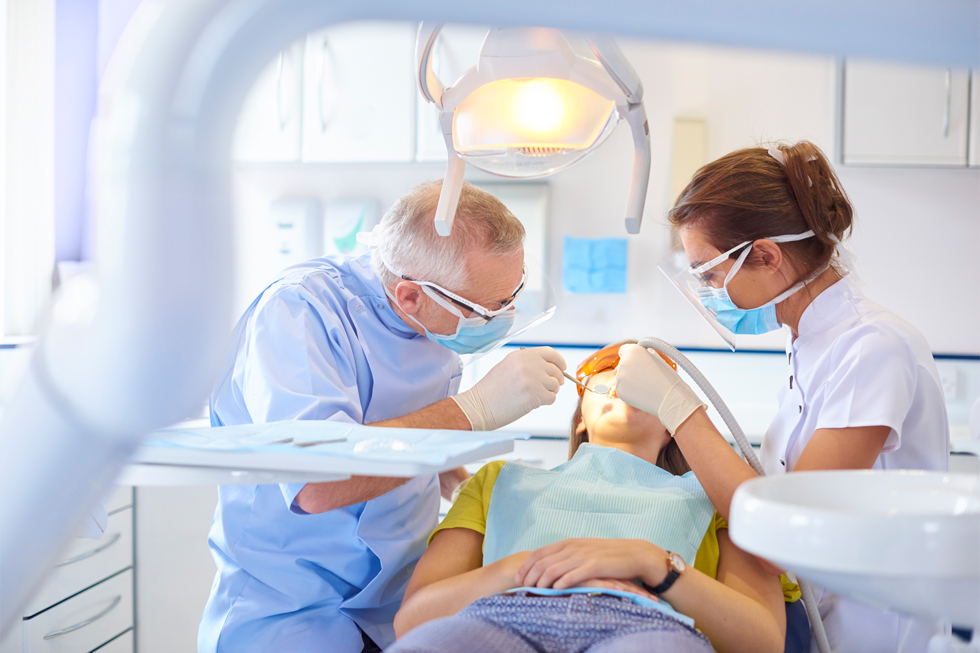Many people find visiting the dentist to be a frightening experience, especially those who have anxiety or are fearful. Thankfully, sedation dentistry in Richmond Hill can assist in reducing these issues and make dental operations more relaxing and less stressful.
But how can you determine which type of sedation dentistry is best for you when there are so many options? Here’s a breakdown of the most common methods, but it is also important to speak with yourdentist near you prior to committing to any type of treatment to avoid complications.
Nitrous oxide (laughing gas)
An inhalation of nitrous oxide using a mask provides a secure and reliable sedative. It induces feelings of exhilaration and relaxation, which helps ease anxiety during dental procedures. You can usually drive yourself home following the surgery because the effects of nitrous oxide wear off quickly.
Oral sedation
To attain this level of sedation, a benzodiazepine tablet called Halcion is usually taken. The medication, which can make you feel relaxed and sleepy, is typically taken an hour or so before the procedure. For those who experience mild dental anxiety, oral sedation may be an excellent choice.
IV sedation
IV sedation is injecting a sedative straight into your bloodstream. Compared to nitrous oxide or oral sedation, this method of sedation puts you into a deeper state of sedation. Even while you won’t lose consciousness during the process, you might not recall much of it afterwards. After the procedure, you’ll need a ride home.
General anesthesia
General anesthesia, the most intense type of sedation, is frequently used for more complex dental procedures, like the removal of wisdom teeth. In order to deliver it safely, it involves being rendered fully unconscious throughout the treatment.
How to Determine the Right Type of Sedation
Here are some steps you can take to identify the best form of sedation for you:
Consider the nature of the procedure
While certain treatments could only need minor sedation, others might call for general anesthesia or heavy sedation. With the healthcare practitioner, go over the specifics of the procedure.
Get your medical history evaluated
The efficacy and safety of several types of sedation may be impacted by specific medical conditions or drugs. Make sure that you accurately assess the medical history to avoid complications.
Assess current health status
The risk of problems during sedation may be increased in sick patients. It’s critical to assess the present health before deciding whether sedation is necessary.
Review preferences
Depending on the level of comfort, some patients may favor one sedative method over another. With the patient, go over alternatives and consider their preferences.
Consult with a healthcare provider
The patient’s needs can be evaluated, and the best type of sedation can be chosen with the assistance of a qualified healthcare professional. To guarantee a successful and safe process, seek assistance from professionals.
FAQs
- What is sedation dentistry?Sedation dentistry puts you at ease and keeps you feeling peaceful throughout dental procedures.. It is sometimes described as “twilight sleep” or conscious sedation dentistry because it briefly creates an amnesic state during which you become less sensitive to pain without losing consciousness.
- Will I be awake during the procedure?If you receive mild sedation, you will be awake and able to speak during the appointment.. However, major surgeries, namely those times, when it is crucial for you to be unconscious, are done using deep sedation or general anesthesia.
- What kinds of sedation dentistry techniques are used?Regarding oral sedation, the patient takes a pill a few hours prior to the surgery. As an alternative, nitrous oxide, also known as laughing gas, can be used to relax the patient.
Consult with our dentist in Richmond Hill to establish which sedation method is best suited to you and your needs. Our qualified experts at Carrville Family Dentistry are here to help advise you. Contact us to learn more about sedation dentistry near you and how it can be helpful for you if you feel stressed or nervous about your upcoming visit.


